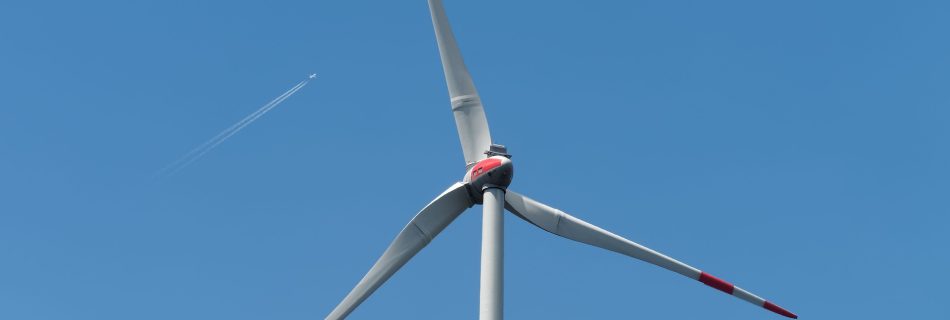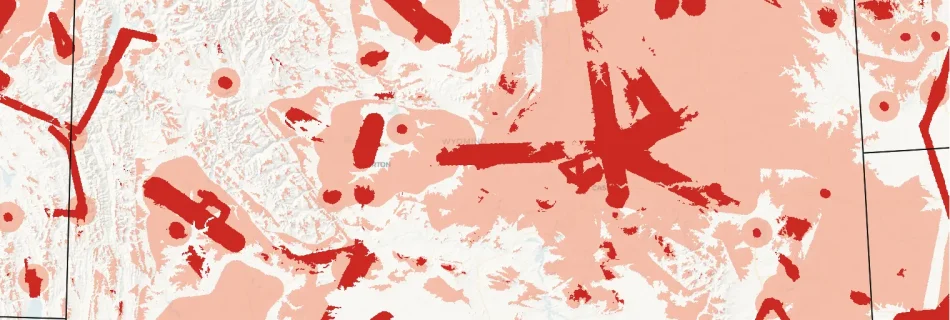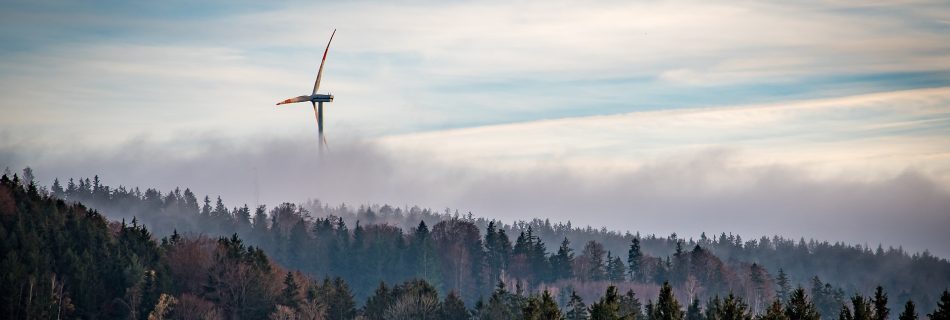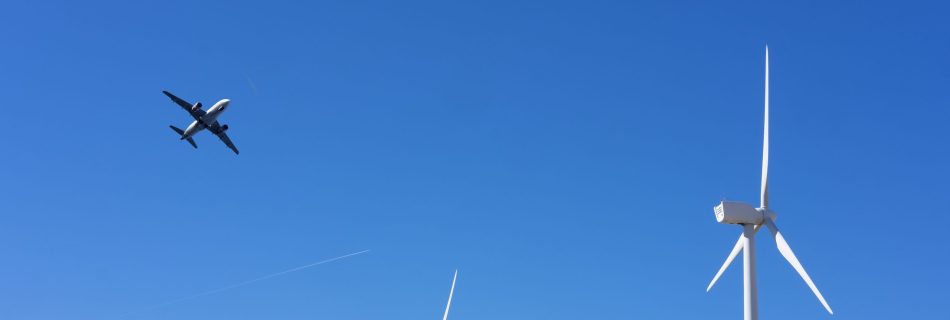Time is Precious: How to Shorten FAA Review Times for Wind Turbines
Introduction In prior posts, I’ve focused mostly on the outcome of FAA obstruction evaluation studies: for example, what factors drive FAA determinations and how to improve your odds of receiving a favorable determination for your wind projects. But, the outcome of an obstruction evaluation study is only half of the story. The uncertainty in FAA …
Read more “Time is Precious: How to Shorten FAA Review Times for Wind Turbines”



